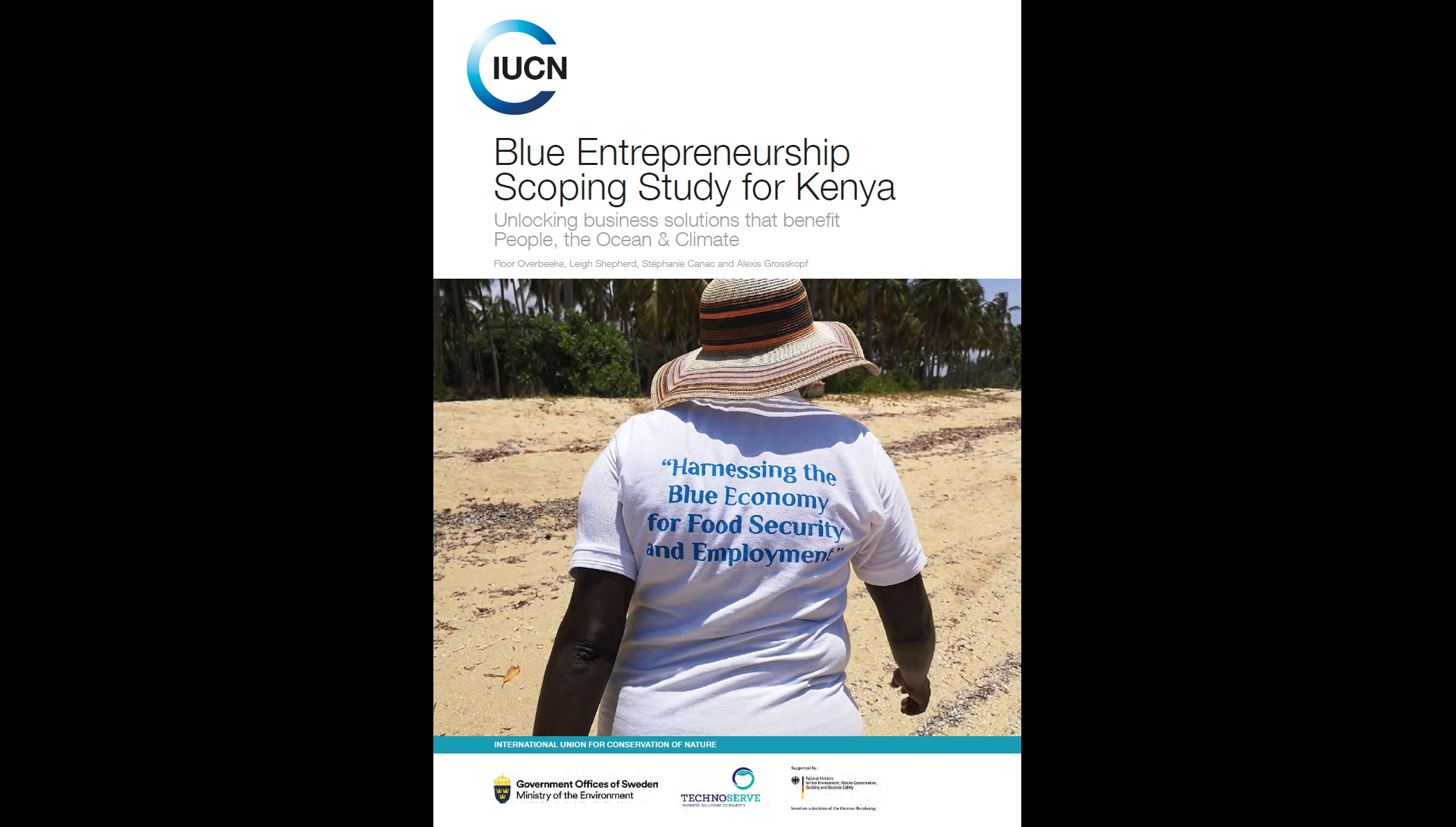Waste pickers role in plastic pollution reduction: the ones we cannot leave behind
In countries characterized by unstable waste management systems, the informal sector plays a critical role in the recycling processes, especially in regards to plastic waste. Informal waste recycling often consists of urban poor and marginalized social groups who find a source of income and survival in waste picking. Their activity is characterized by unsafe and unhealthy working conditions, low or irregular incomes, long working hours and lack of access to information, markets, finance, training and technology.
The informal sector carries out important waste collection services that fill the gap of municipal and other waste management authorities that do not cover all areas of operation, usually in low-income areas and informal settlements. Either operating through door to door mechanisms or sorting waste at collection points, informal waste workers play a key role in recovering end-of-life plastic products, recycling, and preventing plastic leakage into the ocean.
On the other hand, policy and law makers around the world have started to turn their efforts into new legal and policy frameworks to address the ever-so evident problem around plastic pollution. Around 12 million tonnes of plastic leak into the ocean every year, with 8 million tonnes of that total being derived from coastal mismanaged waste[1]. As a response, governments have started looking at schemes such as Extended Producer Responsibility (EPR), an environmental policy approach in which a producer’s responsibility for a product is extended to the post-consumer stage of a product’s life cycle[2].
EPR aims at increased collection and recycling of plastic waste through policy interventions such as providing incentives to producers to incorporate environmental considerations in the product design to minimize waste generation, and putting in place take-back requirements that obligate producers to assume the economic burden of managing the potential adverse environmental impacts of their products through collection, recycling or final disposal of waste associated with the product in question. The latter means that the private businesses organize either their own take-back mechanisms or set up organizations and hire waste managing companies. This can also result in a competition situation with the informal sector, social conflict, and negative effects on livelihoods of the informal sector members.
Within the project MARPLASTICCs, the IUCN Environmental Law Centre has worked with experts in 5 different countries in Africa and Asia to analyse and develop reports on the current policy and legal processes around EPR, main legal instruments, institutional arrangements, behavioural changes, and possible outcomes of EPR policies and regulations. Results in Thailand, Vietnam, South Africa, and Kenya all show the need to address the involvement of the informal waste sector in the emerging new waste management schemes. Some of the main conclusions and recommendations from the reports include:
- Implementing an EPR system is also an opportunity to integrate informal sector players. This could result in better waste handling and recycling technologies within the informal sector in compliance with formal regulations and standards, and could potentially increase recycling rates and reduce environmental leakages, hence contribute to a cleaner marine environment[3].
- An EPR system has the potential of disrupting the livelihoods of many players within Kenya’s informal waste sector. The country therefore should consider policy options that take into account these aspects of the informal sector while addressing the occupational and environmental concerns associated with it. Kenya’s proposed EPR regime needs to factor in innovative ways of integrating the informal waste sector into the entire set-up of the mechanism without compromising livelihoods for the thousands of operators employed in the sector[4].
- A vital part of the integration of this sector is participation in decision making and recognition of their services. This social integration necessitates a transformation of how waste reclaimers are seen, appreciated and valued by residents, industry and government officials[5].
- In circumstances where informal and formal systems exist side by side, the informal system may collect up to 30% of the total waste generated compared with 13% by the formal system. The informal sectors have both positive and negative impacts, but integrating them in EPR schemes will decide the success of EPR in Viet Nam[6].
Significant benefits can be gained by incorporating the informal sector in EPR systems, strengthening the way in the achievement of recovery targets, facilitating affordable and sustainable financing in middle-income countries, and providing work opportunities that can generate sustainable livelihoods and improved health and social protection[7]. To achieve positive outcomes from national decision-making aimed at better environmental protection, social impacts have to be considered. As we move towards a more sustainable planet, the most socially vulnerable shall not be left behind.
To check out these and more recommendations on legal and policy tools to address plastic pollution reduction, please visit our Marine Plastics section.
[1] Boucher, J., Billard, G., Simeone, E. and Sousa, J. (2020). The marine plastic footprint. Gland, Switzerland: IUCN. viii+69 pp.
[2] OECD (2016), Extended Producer Responsibility: Updated Guidance for Efficient Waste Management, OECD Publishing, Paris.
[3] Opondo, G. (2020). Policy Effectiveness Assessment of Selected Tools for Addressing Marine Plastic Pollution. Extended Producer Responsibility in Kenya. Bonn, Germany: IUCN Environmental Law Centre. 18pp.
[4] Idem-
[5] Climate Legal (2020). Policy effectiveness assessment of selected tools for addressing marine plastic pollution. Extended Producer Responsibility in South Africa. Bonn, Germany: IUCN Environmental Law Centre. 19pp.
[6] Phuong N. H. (2021). Policy effectiveness assessment of selected tools for addressing marine plastic pollution. Extended Producer Responsibility in Viet Nam. Bonn, Germany: IUCN Environmental Law Centre. 28pp.
[7] OECD (2016), Extended Producer Responsibility: Updated Guidance for Efficient Waste Management, OECD Publishing, Paris.







